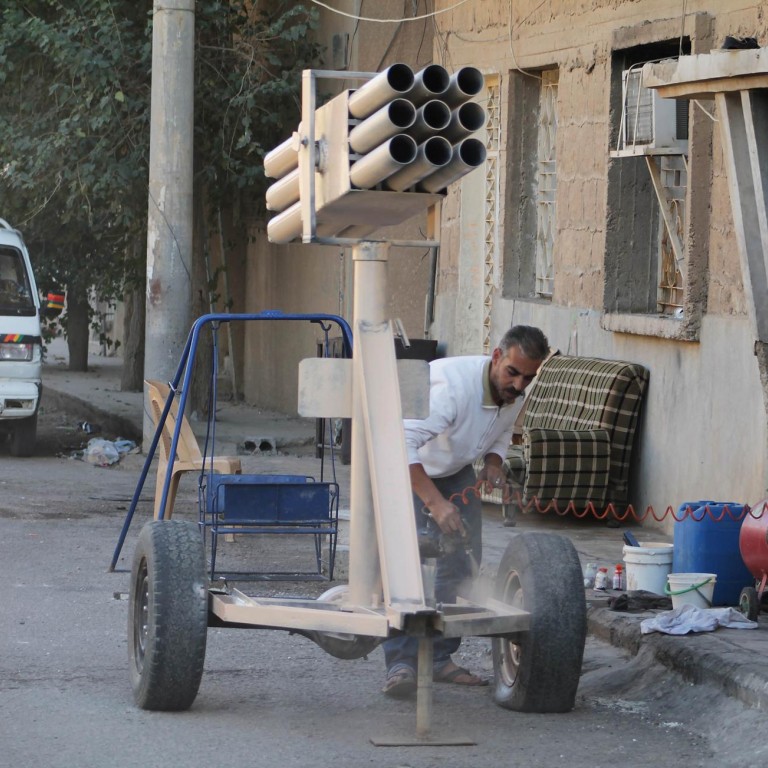
Work begins on war crime tribunal for Syrian atrocities
Although there is no end in sight to the fighting, a group of judges and legal experts envision giving victims a voice through special court
When the guns fall silent in Syria and the killing eventually stops, a key part of helping a traumatised people rebuild and heal will be bringing to justice those behind years of shocking brutality.

"This has never been done before," said David Crane, who has led the project to draft a 30-page blueprint for a Syrian Extraordinary Tribunal to Prosecute Atrocity Crimes setting out in detail the possible make-up of any eventual court.
Crane, the founding chief prosecutor for the Special Court for Sierra Leone - an international war crimes tribunal that convicted Liberian warlord Charles Taylor, gathered a dozen legal experts to draw up a "starting point" for discussions.
"Usually, the international community just sits back and waits and when a political solution is done and the killing stops, everybody scrambles to try figure out what to do," Crane said.
"I thought 'Well let's be ready and have this on the shelf.'"
Working with the Syrian opposition, non-governmental organisations and staff at the University of Syracuse in New York state where he is now a professor, Crane's team has mapped out the atrocities committed in Syria since the war began in March 2011.
The catalogue of horror stretches into three volumes and is growing.
Draft indictments have been prepared against Syrian President Bashar al-Assad and his "top 10 henchmen", Crane said, adding that others have also been drafted for some opposition commanders, as well as foreign fighters.
Crane did not detail any of the indictments.
In the initial stages of the war, about 90 per cent of the atrocities were being committed by the regime, but now Crane estimates that it is "about 50-50".
"First it was a civil war, it was bloody and problematic, but now it's gotten personal. And it's gotten bloodier. The longer this thing goes on, the less likely a peaceful transition will happen," he said.
How any future court will be composed and the role of The Hague-based International Criminal Court is still up for debate.
But Crane insisted the effort was "not an academic exercise".
"It's put together by seasoned practitioners who have been working for over 20 years in this business, looking at both not just the law, but also the practicalities, the politics and diplomacy of what it takes to build a domestic court, a regional court or assist the permanent court," he added.
After two years of work, the draft blueprint says there was a strong feeling that any court "should be domestic, but with international elements", for example two Syrian judges sitting with an international colleague.
Its purpose "would be to prosecute those most responsible for atrocity crimes committed in Syria by all sides of the conflict when the political situation permits".
There is a strong preference for the court to be based inside Syria.
"We found in Sierra Leone that a court that sits right in the scene of the crime is much more effective," Crane explained.
"At the end of the day, we tend to forget this, these tribunals are about the victims and they have to be seen as such."
